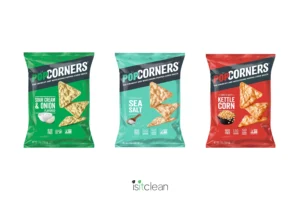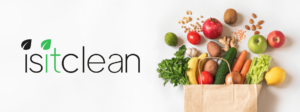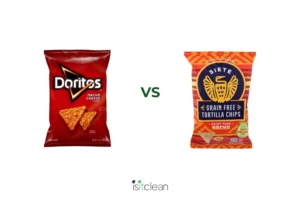
Acesulfame potassium is a zero-calorie sweetener that is added to many sugar-free…



Propylene glycol is a synthetic organic compound that is a colorless, odorless, and tasteless liquid. It is produced through the hydration of propylene oxide. Propylene glycol is used in the food industry as a humectant, to help products retain moisture and prevent them from drying out. It is commonly found in processed foods, beverages, and baked goods to extend shelf life. Additionally, propylene glycol acts as a solvent and stabilizer for flavors and food colors, to provide a consistent appearance in a variety of food products.

Propylene glycol is primarily metabolized into lactate and pyruvate in the body, and has been suspected in various cases of metabolic acidosis from high consumption of products and medications containing it. Such cases have led Fireball Whisky, which previously used propylene glycol in their recipe, to recall their whiskey and eliminate it completely from use in their products in 2018. While the European Union limits propylene glycol to 1g/kg in food, the US FDA allows for approximately 50g/kg in foods. Various animal studies have demonstrated toxic effects only when administered at extremely large dosages that are much more than an average would consume. Other health concerns reported from high consumption of propylene glycol have included contact dermatitis, neurological symptoms, and changes in heart rate. Vulnerable populations such as children appear to be more sensitive to propylene glycol, and avoiding highly processed foods can limit exposure.
Health is like a bank account, certain ingredients make a deposit into your health bank, meaning they add to
your health. Certain ingredients withdraw from your health bank. We want health promoting ingredients in our diet. To keep things simple, we rate ingredients on a green, yellow, red scale:

It is naturally occurring in food and has no harmful effects on the body. It is real food. It is health promoting.

It goes into one or more of the below categories

It is known to have a harmful effect on the body (ex. All food colorings, Natural Flavors, MSG, Potassium bromate, aspartame, artificial flavors)



The Food Showdown: Popcorners flavors
Ingredient Rating: Canola oil – is it bad for you?
Clean Consuming: Nourishment for your

We have accomplished so much in just 1 year since our launch in March of 2023! We now have 10,000

The Nacho Chip Food Showdown, is Tapioca Starch safe in food? and a must-see documentary on America’s food system.
Stay in the know with the latest ratings, articles, and our newsletter, The Dirt.